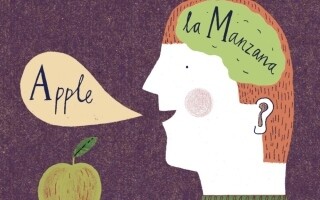
There is a belief that happiness is an ideal state in which our emotional, psychological, and spiritual needs are balanced. Learning, personal growth, and working towards our goals provide us with satisfaction. Happiness is more than a destination; it is a way of life.
Facing the imperfection of life and valuing the present moment allows us to connect with what truly makes us happy. However, factors such as stress and constant comparisons with others hinder this process. Today's society distances us from our authentic essence.
Harvard University has conducted an 86-year study on happiness. This study has shown that lasting happiness does not come from material achievements but from affectionate and deep interpersonal relationships that provide us with a sense of belonging and purpose.
The pursuit of happiness is part of human nature, reflecting our innate desire for well-being and inner peace. Building meaningful relationships and getting to know ourselves helps us make decisions aligned with our values and true needs.
Happiness is not a final destination but a continuous process of small moments of daily satisfaction. It is important to remember that happiness is experienced in the present, enjoying the small daily joys. Practicing gratitude and mindfulness can enhance our emotional well-being.
The Harvard study demonstrated that the happiest people are not necessarily the most successful, but those who maintain warm and enriching relationships. Happiness is not a static state but a path we build day by day through connection with ourselves and with others.











